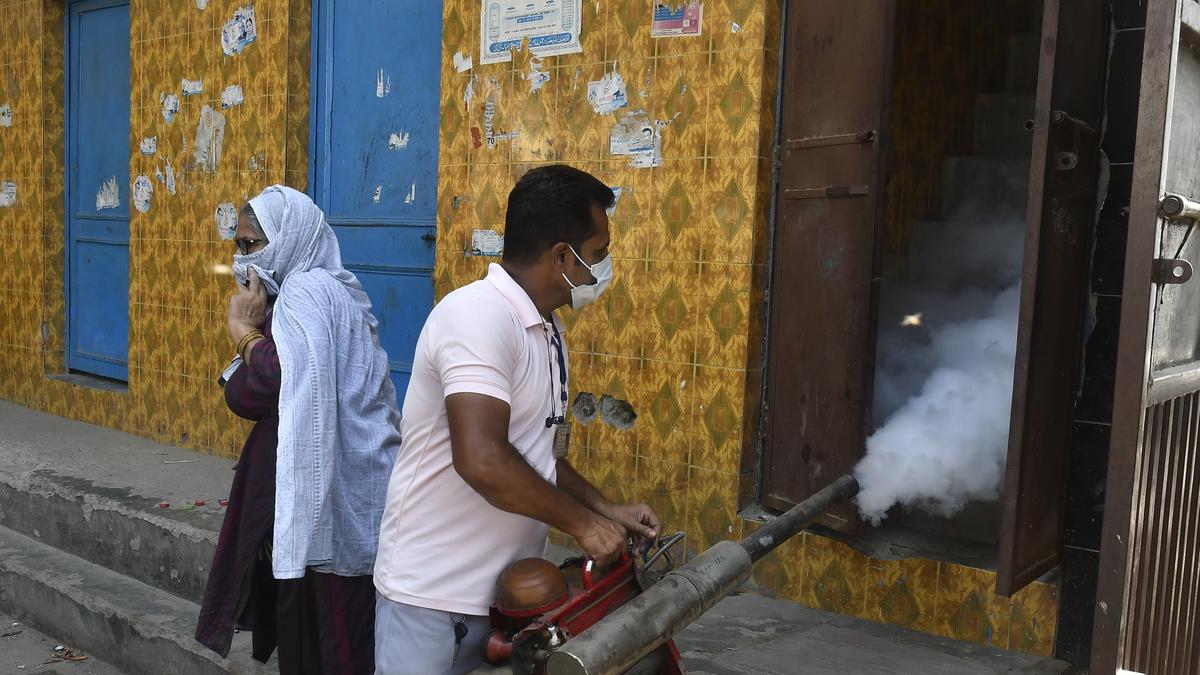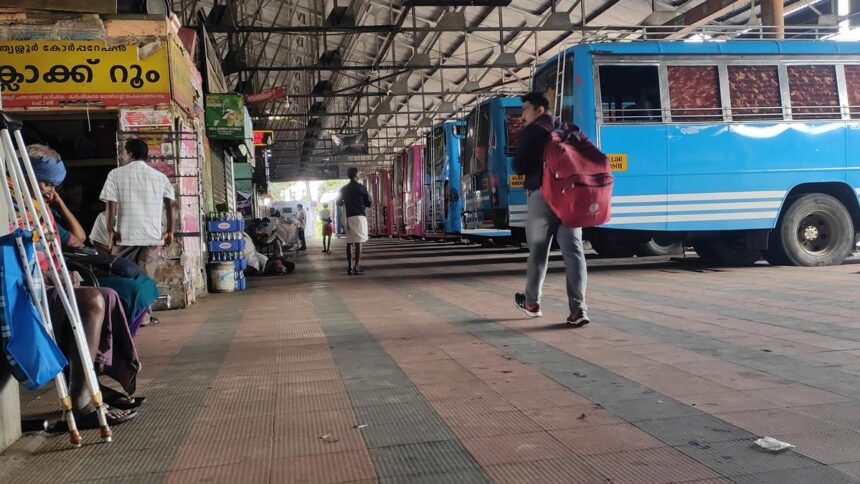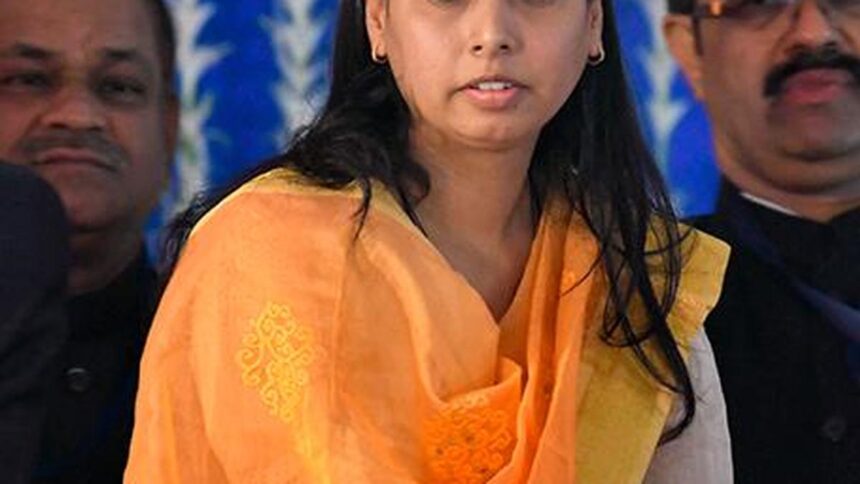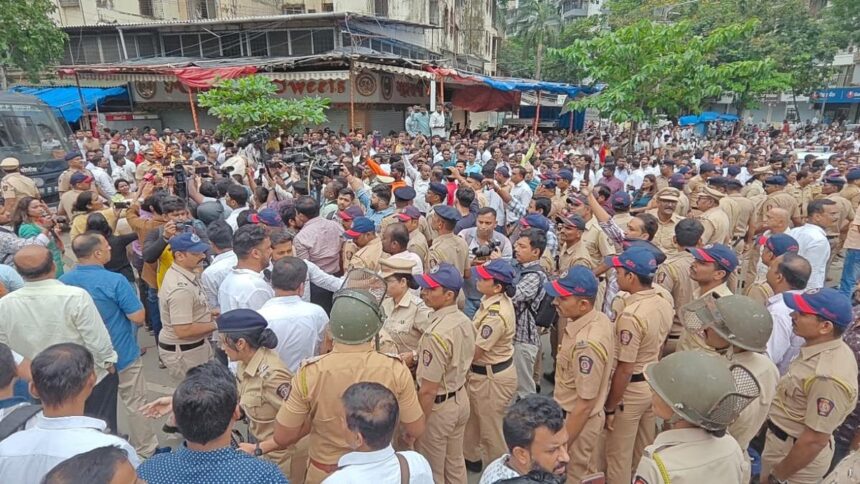
Over 1 lakh houses have been fogged in one week
| Photo Credit: SHIV KUMAR PUSHPAKAR
With dengue cases expected to rise in the capital due to increasing rainfall in the following weeks, Municipal corporation of Delhi (MCD) has intensified its drive to prevent vector borne diseases, according to its Municipal health officials. So far, no deaths have been reported this year, but data from the Municipal Corporation of Delhi (MCD) shows an upward trend in vector-borne diseases compared to the same period last year.
According to the latest MCD weekly report, 499 cases of dengue have been recorded so far in 2025, along with 235 cases of malaria and 37 of chikungunya. This is higher than the 481 dengue, 210 malaria, and 29 chikungunya cases reported during the same period in 2024.
To address the surge, MCD Standing Committee Chairperson Satya Sharma said that 20 to 30 additional beds have been arranged in hospitals.
“Additional 20 to 30 beds have been allocated besides the existing 167 beds at Hindu Rao Hospital, Swami Dayanand Hospital, and Kasturba Hospital, which function as sentinel surveillance centres,” she said. Ms. Sharma further said that directions have been given to intensify the inspection drive due to the heavy rainfall expected in the coming days, “in case of further surge, arrangements will immediately be made to increase the number of beds and staff.”
Officials said that the civic teams have also intensified their anti-larva spray drives across the national capital. According to the MCD report, over 1 lakh houses were sprayed in the past week alone, taking the year’s total to over 10 lakh households, higher than the totals recorded in the last three years. While more than 15,000 houses were found positive for mosquito breeding, legal notices were issued in 8,259 cases for mosquito-genic conditions in last week, officials said.
Meanwhile, Leader of the House in MCD, Pravesh Wahi, called on RWAs (Resident Welfare Associations) and NGOs to take independent action to prevent mosquito breeding. “Since it is raining heavily and water must be stagnant at many places, it becomes necessary to put Temefos medicine in the stagnant water, so that mosquitoes cannot breed,” he said.
According to MCD health officials, the most common mosquito breeding grounds include coolers, drums, flower pots, money plant vases, fridge trays, discarded rubber tyres, and open scrap lying on rooftops. Mr. Wahi also stated, “monsoon is at its peak in Delhi, so collective efforts is necessary to prevent waterlogging. Only with public cooperation will we be able to prevent water-borne diseases in the coming times.”
Published – September 03, 2025 01:08 am IST























